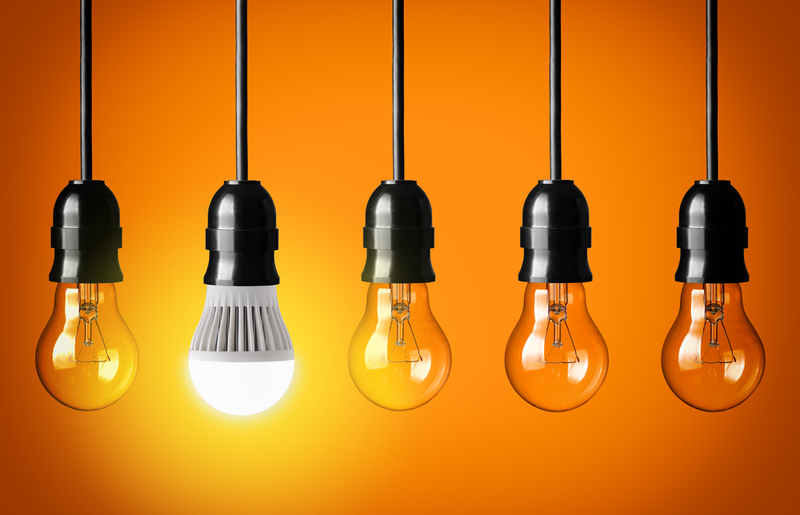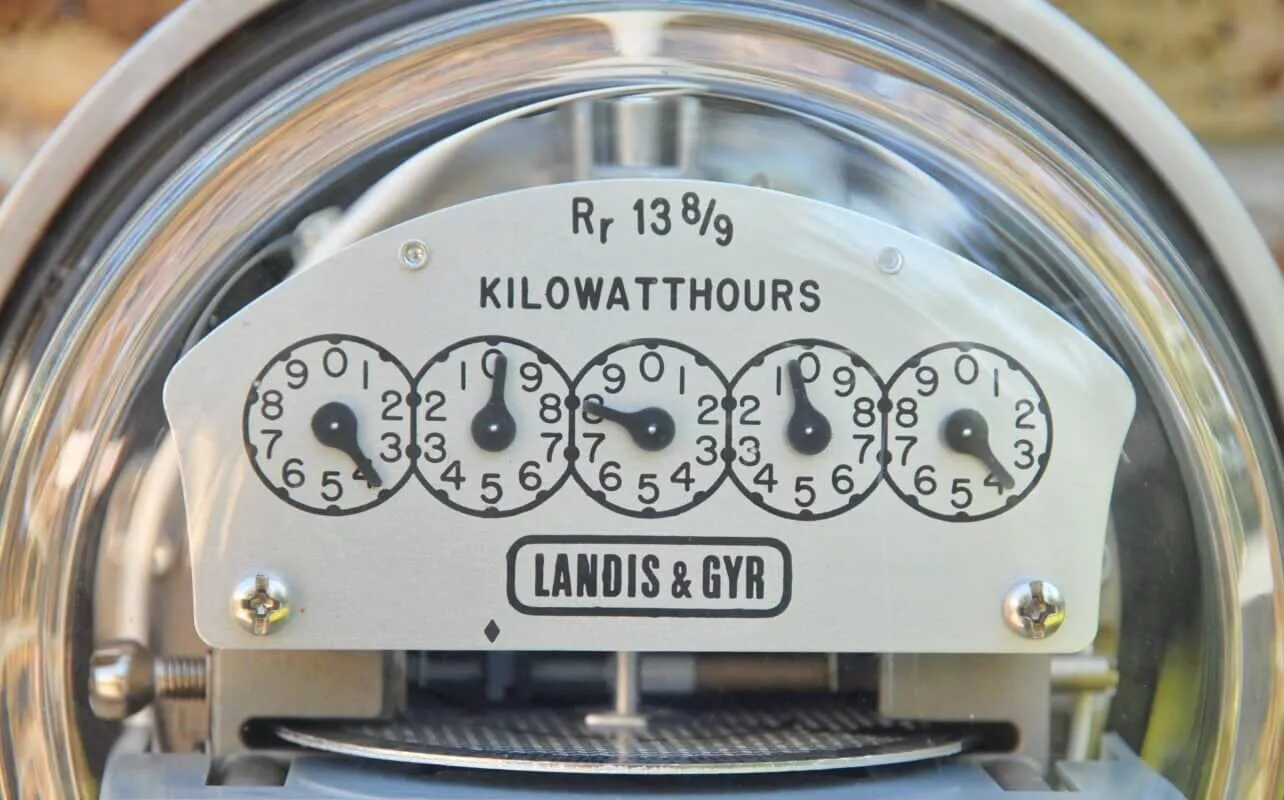This article is your complete guide to understanding what is a watt-hour. Watthours (Wh) is used to describe electrical energy in any form as a measurement over an hour. This measurement can often be found on your energy bill as kilowatt-hours (kWh). Understanding the meaning of watt-hour is key to accurately comprehending your energy usage, enabling more informed decisions about your electricity consumption. Stay tuned as we unravel the significance of this measurement and its impact on your daily energy use.
Here at The Energy Professor, we want to give you the information you need to not only save money on your energy bill but to also become more energy efficient. We hope you find this post helpful and it makes it easier for you to know more about what watt hours mean. Be sure to also check out our one-of-a-kind energy savings calculator!
The Energy Professor Electricity Rate Check Tool
What is a Watt Hour?
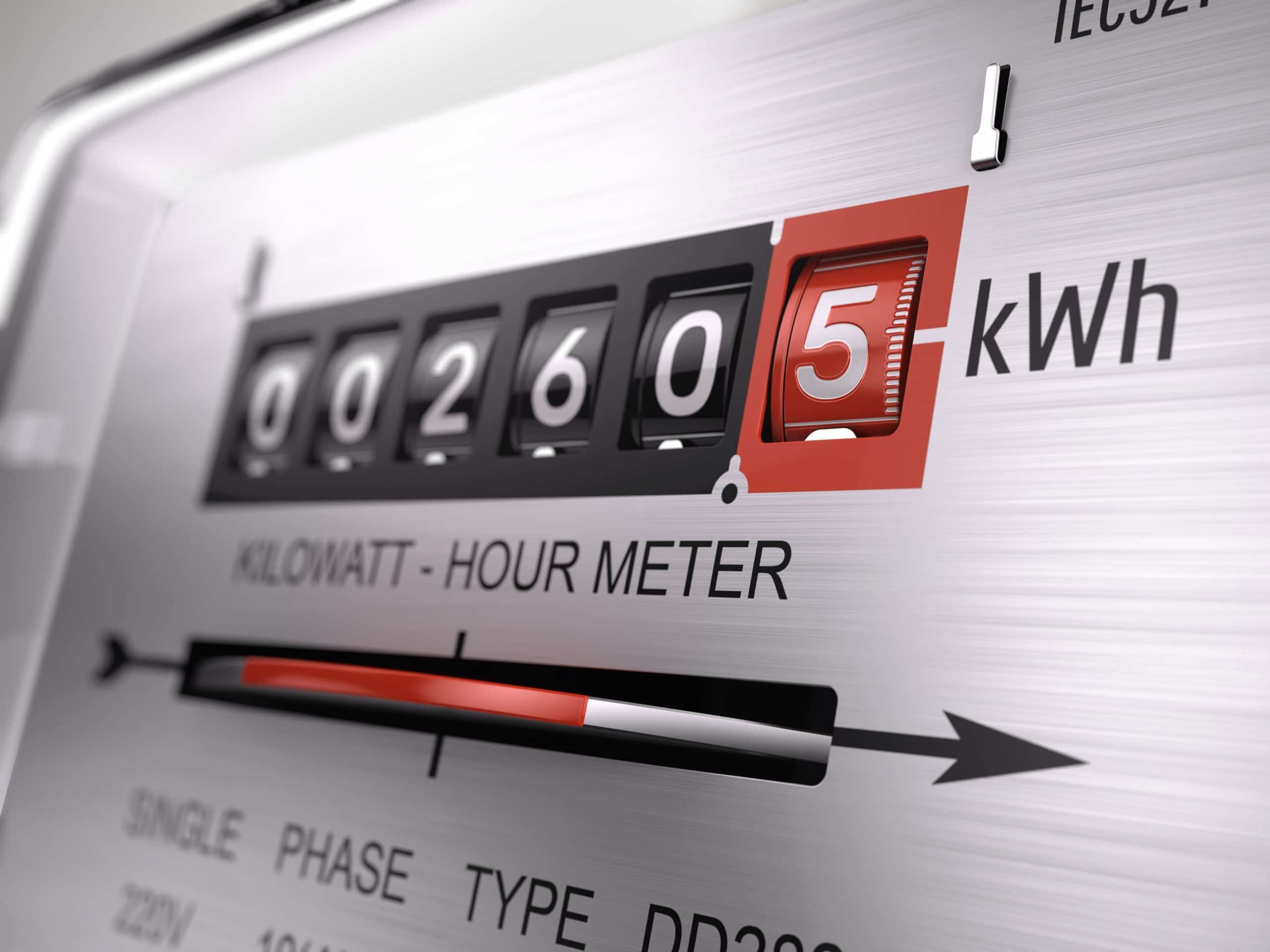
Watthours are used to describe electrical energy in any form as a measurement over an hour. It is also used as a way to measure capacity in electronic devices such as batteries. To understand how this unit of measurement is used to measure wattage products you may use in your home, you have to know the conversion to kilowatt hours. Thankfully, it’s extremely simple! The conversion is a 1 to 1 ratio. So one watt-hour is equivalent to one kilowatt of power that is used over 1 hour (kW x time = kWh).
What is the Watt Hour to Kilowatt Hour?
- 1 to 1. One watt-hour is equal to one kilowatt!
Exploring the meaning of watt-hours paves the way to accurately assess the energy consumption of various household items. By delving into watt-hours, we can decode the energy usage of our everyday appliances, leading to a more energy-efficient lifestyle and potentially lower electricity bills.
Related Post: Kilowatt VS Kilowatt Hour
Importance of Watt-Hours
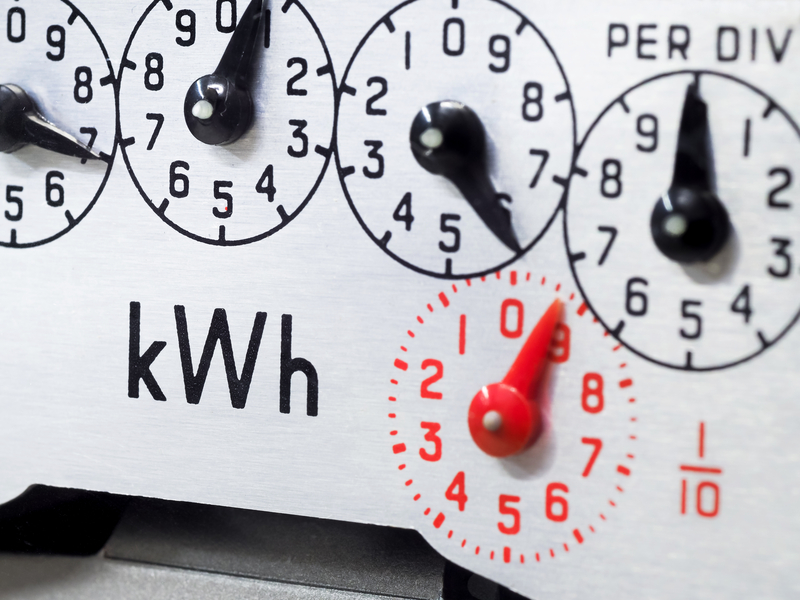
Watt-hours play a pivotal role in empowering us as consumers to gauge the power capacity of devices we use, particularly in batteries. Understanding watt hours in the context of batteries informs us about the life expectancy and recharge capacity of our devices. By comprehending watt-hours, we gain valuable insights into the energy potential of various devices and the efficiency of renewable energy sources like solar panels.
Is a Higher or Lower Watt-Hour Better?
- The higher the number of watt-hours, the better the item will be and the longer it will run. Therefore, it is better to have an item such as a battery with a higher watt-hour capacity. Unfortunately, they do come at a higher price tag but will need replacing less often.
Watt-hours can also be used to determine the energy usage of other popular household items. Such as standard light bulbs, over time. Knowing the potential electrical power usage of your device also provides an idea of when it’s time to be replaced. Replacing your outdated appliances with more energy-efficient ones like that of an Energy Star appliance will help users lower energy consumption and save money on their energy bills.
Related Post: Best Electric Saving Devices
Difference Between Watts and Watt-Hours
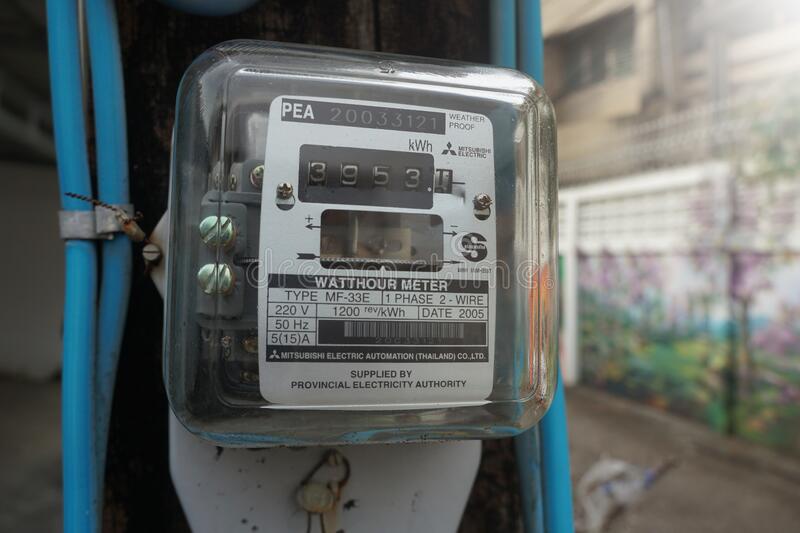
The biggest difference between the two is that watts measure power given at one point in time. Watt-hours measure how much power is used over a longer period (one hour). Let’s use an example of speed and distance to fully understand the difference between watt hours to watts. For this example, we will use an automobile that runs at 60 miles per hour. That’s comparable to watts, in that the car’s speed at any moment is 60 mph. If the same car travels at 60 mph for one hour, theoretically, it travels 60 miles in distance.
What is a Watt?
- A watt is another unit of measurement for energy. But it measures the amount of power energy gives. Watts are smaller than kW so it makes tracking energy easier! For example, 1 watt is 1000 kilowatts.
While we use watts, kilowatts, and other terms to measure energy, the standard measurement is in Joules. This term derives from the definition of energy, the ability to do work. A Joule, like the conversion from kWh to Wh, is 1 to 1 with a watt. So 1 Watt is also 1 Joule! But for the remainder of this article, we will be using the wattage term to keep it as easy to understand as possible.
Related Post: What is Green Energy?
How Long is a Watt Hour?
One watt-hour is 60 minutes. Power is measured in watts. One of them is equal to one joule per second. In practical terms, this means how many watts an appliance, such as a light bulb or toaster oven, uses in one hour. To calculate watthours, you multiply the watts by the number of hours the appliance is used. For example, if a lightbulb is rated at 50W, and you want to calculate how many watts your lightbulb uses in a day, the equation would be 50W times 24 hours, which gives you 1200 Wh.
How Long will 1000 Watt Hours Last?
- For a 1000-watt inverter running at full capacity, you can expect a 200 amp-hour battery to last roughly 2 hours.
Determining the duration of 1000 watt-hours depends on the energy consumption of the devices being powered. Essentially, a 1000 watt-hour capacity can sustain a device drawing 1 watt for 1000 hours or a 100-watt device for 10 hours. For instance, a laptop consuming 50 watts could operate for 20 hours on 1000 watt hours, while a more energy-intensive appliance, like a 500-watt fridge, would run for 2 hours.
Related Post: What is a Video Game Console’s Power Consumption?
What is a Watt Hour FAQ

Q: What is a Joule?
A: A joule is a unit of energy as determined by the International System of Units. It is equal to the work done by force of one newton action through one meter.
Q: What is the Difference Between a Watt and a Wh?
A: In a nutshell, watt-hours measure amounts of energy for a specific period of time. And watts measure rates of power at a moment in time.
Q: How Many Wh is a AA Battery?
A: A common double A battery contains about 3.9 watt hours.
Do you Need Cheaper Electricity?
If you’ve taken the time to understand the information on your bill and discovered you’re paying more than you’d like for your electricity, have you looked around for a cheaper deal? The Energy Professor has a wealth of information on ways to save on your utilities, including details of top deals that could significantly reduce your monthly or quarterly electricity bills.
We hope you found this article helpful! If you are looking for ways to increase the energy efficiency and sustainability in your home be sure to take a look at all of the latest renewable energy options in your area. The Energy Professor helps residential and small business owners find qualified energy suppliers in New York, New Jersey, Pennsylvania, Texas, Ohio, Maryland, Illinois, and Massachusetts

